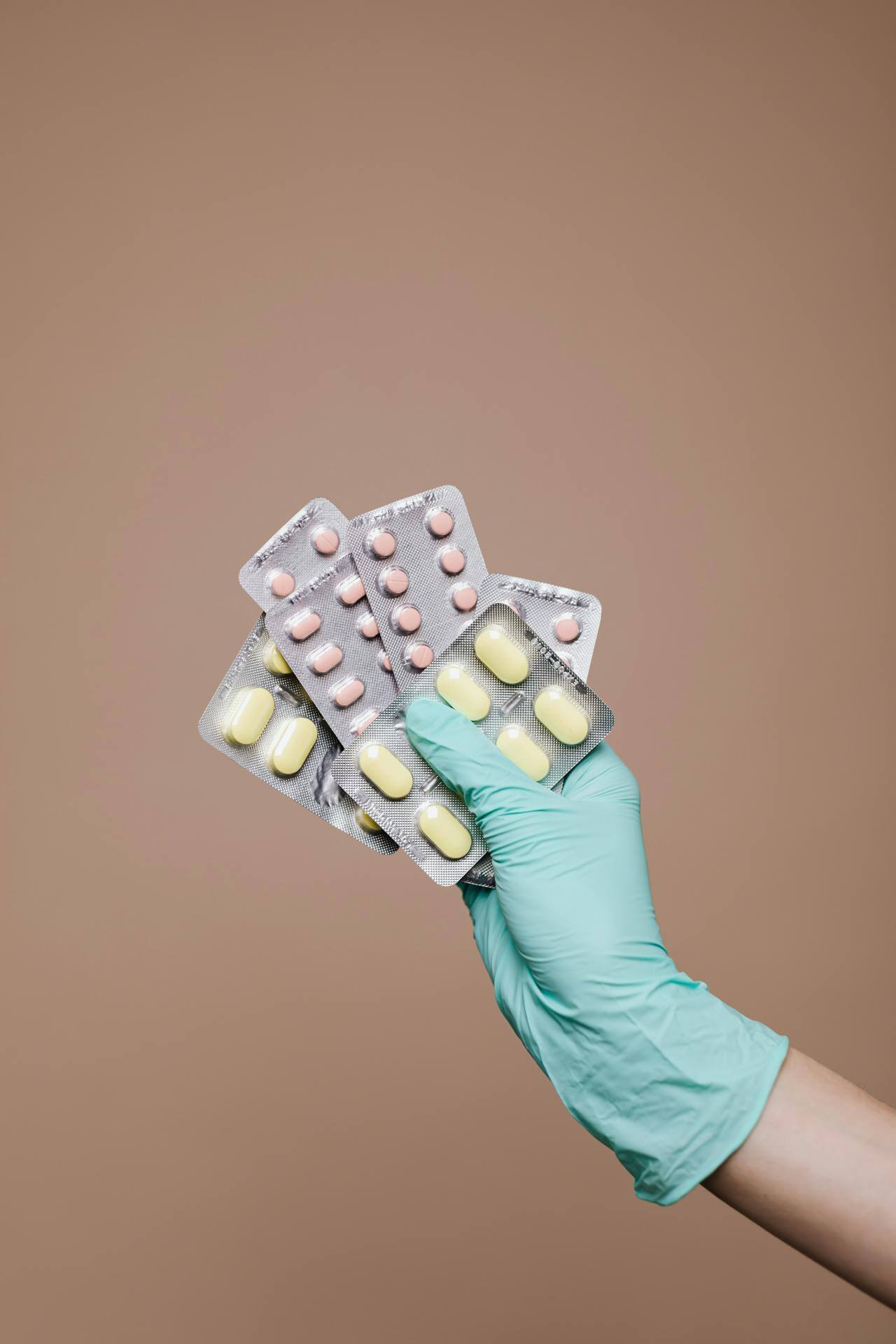Medicine Shortages Compliance Germany: In recent years, shortages of essential medications have become a pressing concern, particularly when they impact vulnerable populations such as children. One critical area affected is the availability of antibiotic-containing syrups, which are vital for treating pediatric infections when oral pills are unsuitable. Like many countries, Germany has felt the effects of these shortages, prompting the need for regulatory flexibility to ensure a continuous supply.
This is where Section 79 (5) of the German Medicines Act (Arzneimittelgesetz, AMG) comes into play, allowing for temporary measures to maintain patient care while adhering to regulatory standards. This article explores the practical implications of Section 79 (5) AMG in addressing medication shortages, particularly in pediatric antibiotic syrups, and guides how pharmaceutical companies and healthcare providers can stay compliant with this law.
Table of Contents
Understanding the Shortage and Its Impact
Antibiotic syrups are indispensable for treating bacterial infections in children who cannot take tablets or capsules. Due to disruptions in the global supply chain, exacerbated by rising demand and manufacturing constraints, Germany has faced intermittent shortages of these crucial medicines. Without alternative treatment options, healthcare providers face significant challenges in managing pediatric infections effectively, risking both public health and individual patient outcomes.
To address this shortage, the German government, through its regulatory framework, has established mechanisms allowing temporary imports and distribution of unapproved drugs. This exceptional measure under Section 79 (5) AMG enables public health authorities to bridge supply gaps while maintaining essential safeguards. For an overview of Section 79 (5) AMG, read our article AMG Act (Medicines) § 79 (5): Legal Framework.
How to Stay Compliant with Section 79 (5) AMG (Medicine Shortages Compliance Germany)
For stakeholders in the pharmaceutical supply chain—including importers, wholesalers, hospital pharmacies, and community pharmacies—maintaining compliance with Section 79 (5) AMG while addressing the shortage involves the following steps:
1. Verify Eligibility for Import and Distribution
Only medicines that are approved in their country of origin and meet the specific shortage criteria are eligible for importation. Pharmacists, wholesalers, and importers must ensure that each batch of imported antibiotics aligns with the provisions set by the AMG and any specific requirements outlined in the General Order issued by regional authorities.
2. Prioritize Locally Approved Alternatives (If Available)
Although Section 79 (5) allows for importing unapproved products during shortages, stakeholders are encouraged to prioritize locally approved alternatives whenever possible.
3. Provide German-Language Patient Information
To comply with the patient safety requirements of Section 79 (5), all imported antibiotic syrups must be accompanied by a German-language patient leaflet. This information should detail the correct administration, dosage, potential side effects, and storage instructions, ensuring patients and healthcare providers have full access to essential safety information.
4. Notify Local Authorities Before Distribution
Any entity distributing these imported antibiotics must notify the local drug regulatory authorities before introducing them into the supply chain.
5. Adhere to the Authorized Timeframe
As the import and distribution of unapproved medicines under Section 79 (5) AMG are strictly time-bound, stakeholders must monitor any updates from the BMG regarding the duration of the shortage. The authorization will cease once the BMG declares the shortage resolved or by the predetermined expiration date (in the current case, April 23, 2025). Continuing to distribute these products past the expiration date without new authorization could result in regulatory penalties.
6. Document and Prepare for Potential Audits (Medicine Shortages Compliance Germany)
Given the exceptional nature of this authorization, companies should maintain clear documentation of their activities under Section 79 (5) AMG. This includes records of imported quantities, distribution channels, notifications to local authorities, and proof of compliance with the language and packaging requirements. Having thorough documentation on hand is essential for responding to regulatory audits or inquiries.
Disclaimer:
As a service to our readers, MVS Pharma GmbH publishing provides access to our library of archived content in our blog. Please note the date of the last review or update on all articles. No content on this site should ever be used as a substitute for direct medical advice from your doctor or other qualified clinician.
MVS Pharma GmbH will soon be launching an omega-3 dietary supplement onto the European market that has been developed for the highest quality standards in terms of oxidation avoidance and, therefore greatest bioavailability. In addition, in vitro studies are currently underway at the University of Ulm, in which Professor Dr. Rüdiger Groß tested a patented mouth and nose spray (Virudol) that can eliminate various flu viruses based on natural substances.
In addition, MVS has a wholesale license and has specialized in sourcing much-needed medicines such as Amoxicillin, Salbutamol, etc. from India through its local branch with a focus on local quality and safety testing, compliance with international GMP regulations and the highest quality level of user security (examples of local language brochures, identical units of measurement, batch control and full tracking, etc.).


